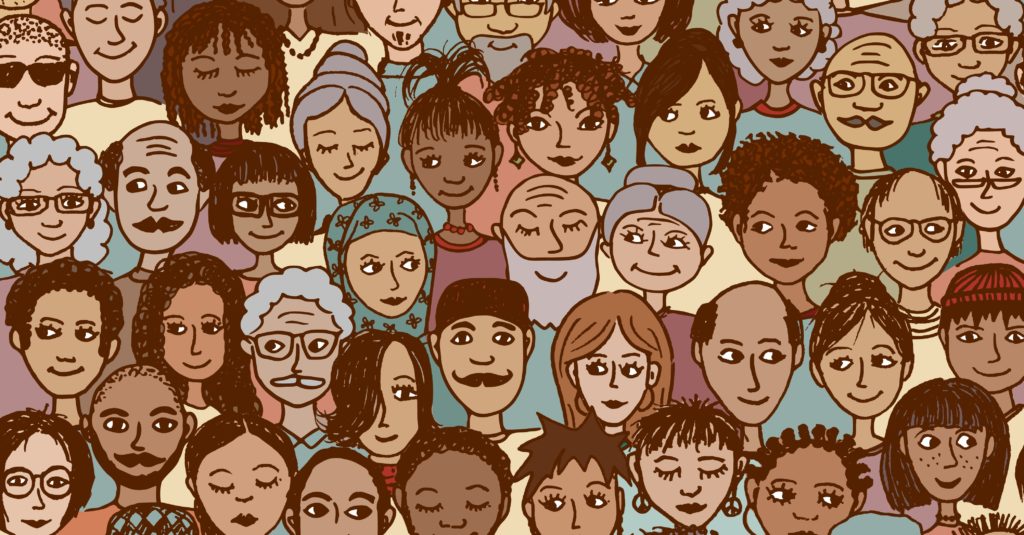
You Are Your Network: Neuroscience and the Need to Belong
Did you know that our social lives define our sense of self? In other words, when we think about who we are, we tend to think in terms of our membership in a group.
Does this sound counterintuitive? After all, we know humans are social beings. We know we gain physical and emotional benefits from belonging to community—and feeling like we don’t belong can cause neurochemical reactions just like what we experience with physical pain.
But it goes much deeper than that.
Studies have shown similar brain activity when a person is deep in self-reflection and when they are socially engaged or even just thinking about social engagement. Some neuroscientists say our self-image is dependent on our communities and the people we surround ourselves with. This means that without socialization, without belonging within a group or community, we may never develop into our full selves.
So, what does this mean for us?
First, we have to rethink community in our lives. We’re constantly told to prioritize community—family, friends, local or professional groups—but that sets us up for failure because it creates yet another duty, another obligation, another thing we can do wrong.
But what if we were to look at community a different way? What if we saw it not as something we have to do but something that’s part of who we are? Our community and relationships partly define us, so developing our sense of belonging changes how we feel about ourselves.
And this knowledge gives us freedom to think hard about our community and relationships and how they make us feel. Does our community fit us—or vice versa? Is it giving us what we need? Are we capable of giving the community or group what they need? Can we do better for ourselves by changing the way we socialize? We might decide to change our approach, or we might decide that we belong more easily in one group over another, and shift our attention there.
When we feel like our sense of self and the communities we belong to are aligned, we are more comfortable maintaining social connections and building relationships based on trust. We stop feeling guilty about reaching out for help, and we’re more open when people reach out to us in need.
We all want to belong somewhere. We all want to have a sense of purpose greater than ourselves. But most of all, we want to know and understand who we truly are—and community can help us get there.